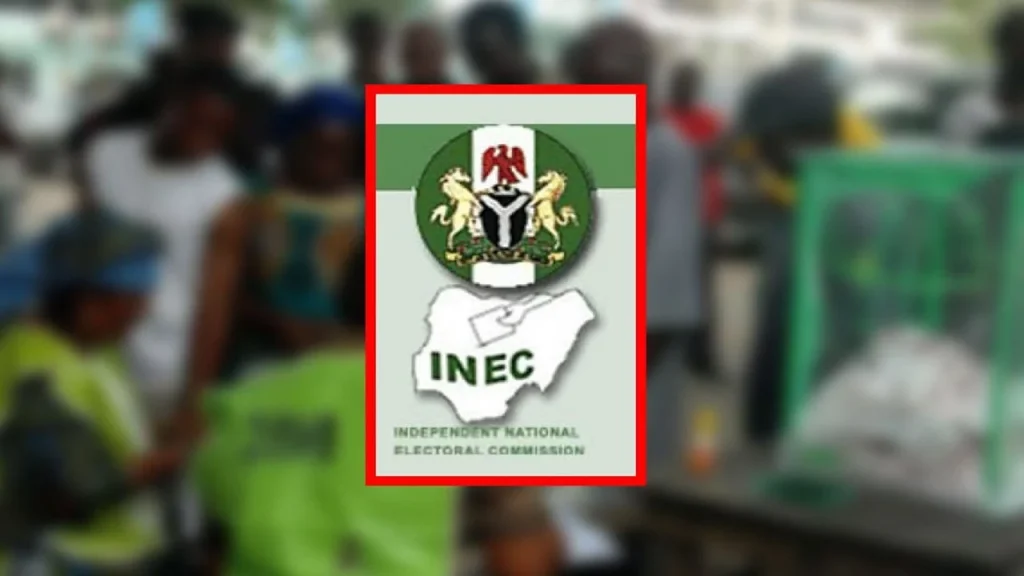Nigerian Senate Rejects Bill Seeking to Review Foreign Exchange Market Regulations
In a move that has sent shockwaves through the country’s financial sector, the Nigerian Senate has rejected a bill seeking to review foreign exchange market regulations. The legislation, sponsored by Senator Sani Musa, aimed to provide for the regulation, monitoring, and supervision of transactions conducted in the foreign exchange market.
The bill, titled "The Foreign Exchange (Control And Monitoring) Bill, 2024 (SB. 353)," was read for the first time on February 20, 2024. During his lead debate, Senator Musa described the bill as an important legislation that sought to repeal the Foreign Exchange (Monitoring and Miscellaneous Provision) Act, Cap. F34, Laws of the Federation of Nigeria, 2004.
The proposed law aimed to facilitate foreign transactions, maintain an equilibrium of international payments, and stabilize the value of the currency. According to Senator Musa, the bill would contribute to the sound development of the national economy and strengthen the powers of the Central Bank of Nigeria (CBN) to administer, control, and manage dealings and transactions related to foreign exchange matters.
However, many senators expressed serious reservations over the proposed law, warning that a fresh legislation seeking to monitor or control the activities of the foreign exchange market apart from what the CBN was doing could be counter-productive. Senator Adams Oshiomhole, for example, said that the bill should not proceed because it was an attempt to take over the monetary policy regulations of the CBN.
Senator Godswill Akpabio, the Senate President, also urged Senator Musa to withdraw the bill for further consultations, but the senator refused. Eventually, a voice vote was called, and the majority of federal lawmakers voted against the bill.
The rejection of the bill marks a significant setback for Senator Musa’s efforts to reform the country’s foreign exchange market regulations. The move has significant implications for the economy, as it would have given the CBN greater powers to regulate the market and stabilize the value of the currency.
In the end, it remains to be seen what the implications of the Senate’s decision will be for Nigeria’s financial sector. One thing is clear, however: the country will need to find alternative solutions to address its ongoing challenges with foreign exchange management.



